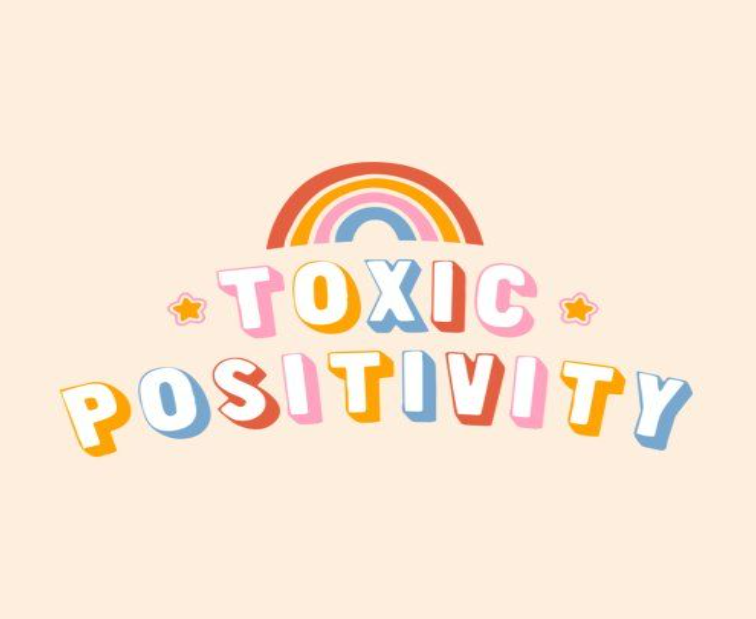
Toxic Positivity: The Enemy of Anxiety Management
In today’s fast-paced world, the idea of staying positive is often celebrated as a key to a happy and successful life. From motivational quotes flooding social media to the relentless encouragement to “look on the bright side,” positivity is marketed as a cure-all. However, there’s a darker side to this mindset, known as toxic positivity—the overgeneralization of a happy, optimistic state that denies or minimizes authentic human emotions. According to psychologists, this approach can be counterproductive, especially for managing anxiety.
Understanding toxic positivity
Toxic positivity is not about genuine optimism or resilience. Instead, it’s the insistence on maintaining positivity regardless of how someone truly feels. Phrases like “just be happy,” “it could be worse,” or “stay positive” may come from good intentions but often dismiss the complexity of emotions that people face. This mindset suggests that negative emotions are inherently bad and should be suppressed, which can leave individuals feeling isolated and misunderstood.
To become ESG certified click here: proindia
Toxic Positivity: Why it’s harmful for anxiety management
For individuals grappling with anxiety, toxic positivity can be particularly damaging. Anxiety is a natural response to stress or perceived threats, and addressing it requires acknowledgment, understanding, and healthy coping mechanisms. When someone’s feelings are dismissed with overly positive remarks, it invalidates their experience, potentially worsening their anxiety.
Psychologist Dr. Susan David highlights the importance of emotional agility—the ability to recognize and accept all emotions, including the uncomfortable ones. Suppressing feelings of fear, worry, or sadness doesn’t make them disappear. Instead, it can lead to an emotional bottleneck, where unresolved feelings manifest as heightened anxiety or physical symptoms like fatigue and tension.
The balance between positivity and authenticity: Toxic Positivity
Managing anxiety effectively involves striking a balance between optimism and emotional authenticity. Encouraging self-compassion and realistic optimism allows individuals to process their feelings while maintaining hope for improvement. Statements like “It’s okay to feel anxious—let’s figure out how to manage it together” validate emotions and foster connection.
Additionally, creating a safe space for open conversations about mental health helps break the stigma surrounding anxiety. Listening without judgment and refraining from offering cliché solutions can make a significant difference.
To know truth about Therapy Click here
Practical steps to combat toxic positivity
- Acknowledge your feelings: Give yourself permission to feel and express emotions without labeling them as good or bad.
- Practice self-compassion: Treat yourself with kindness and avoid harsh self-criticism when you’re struggling.
- Seek professional support: Therapy or counseling can provide tools to navigate anxiety in a healthy way.
- Support others thoughtfully: Instead of offering platitudes, say things like, “I’m here for you,” or “It’s okay to feel this way.”
Final Thoughts
While positivity has its place, it should not come at the expense of genuine emotional expression. Toxic positivity can undermine anxiety management by dismissing real feelings and creating barriers to effective coping. By embracing emotional authenticity and fostering supportive environments, we can address anxiety with compassion and resilience, paving the way for true healing and growth.


